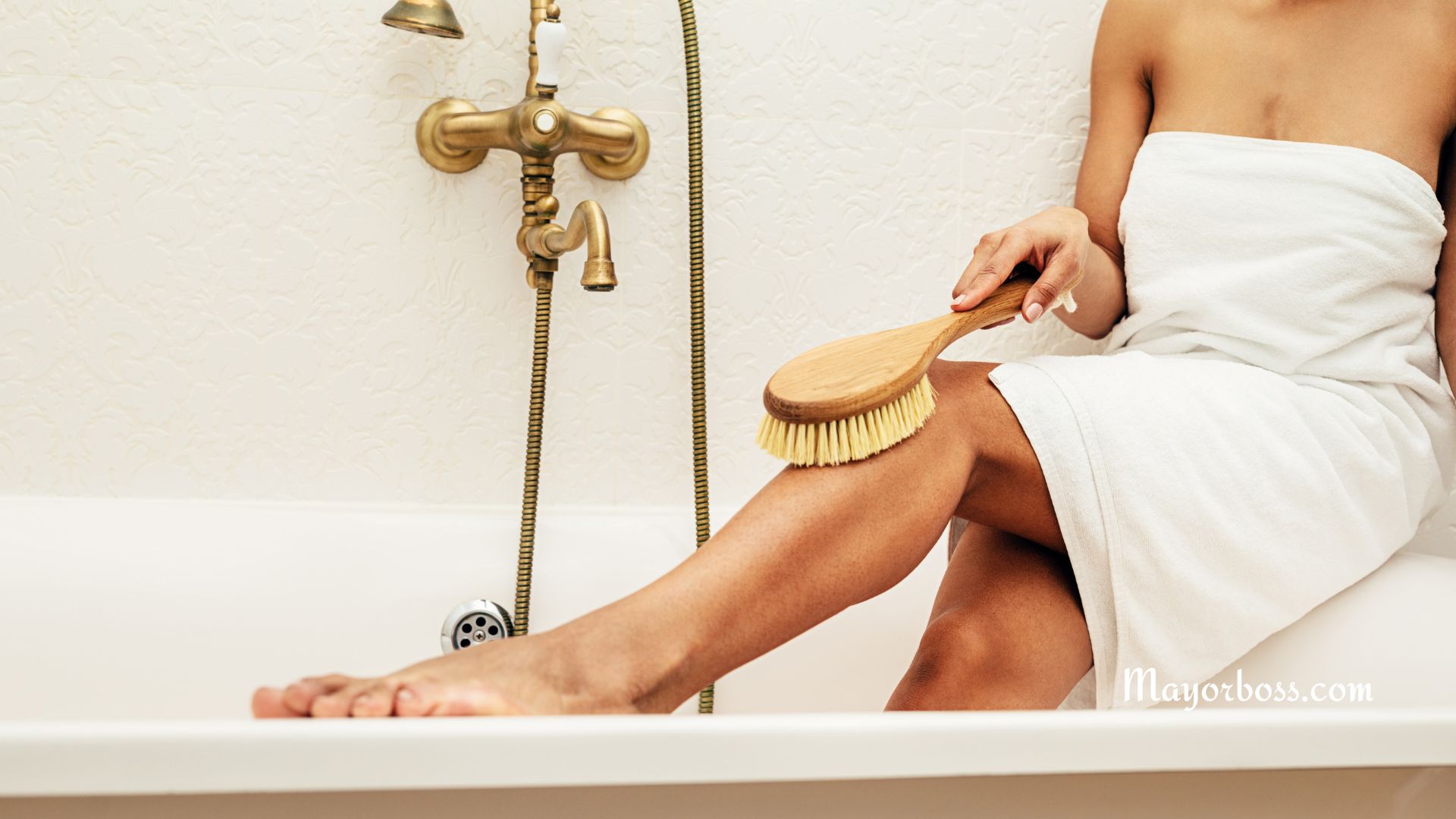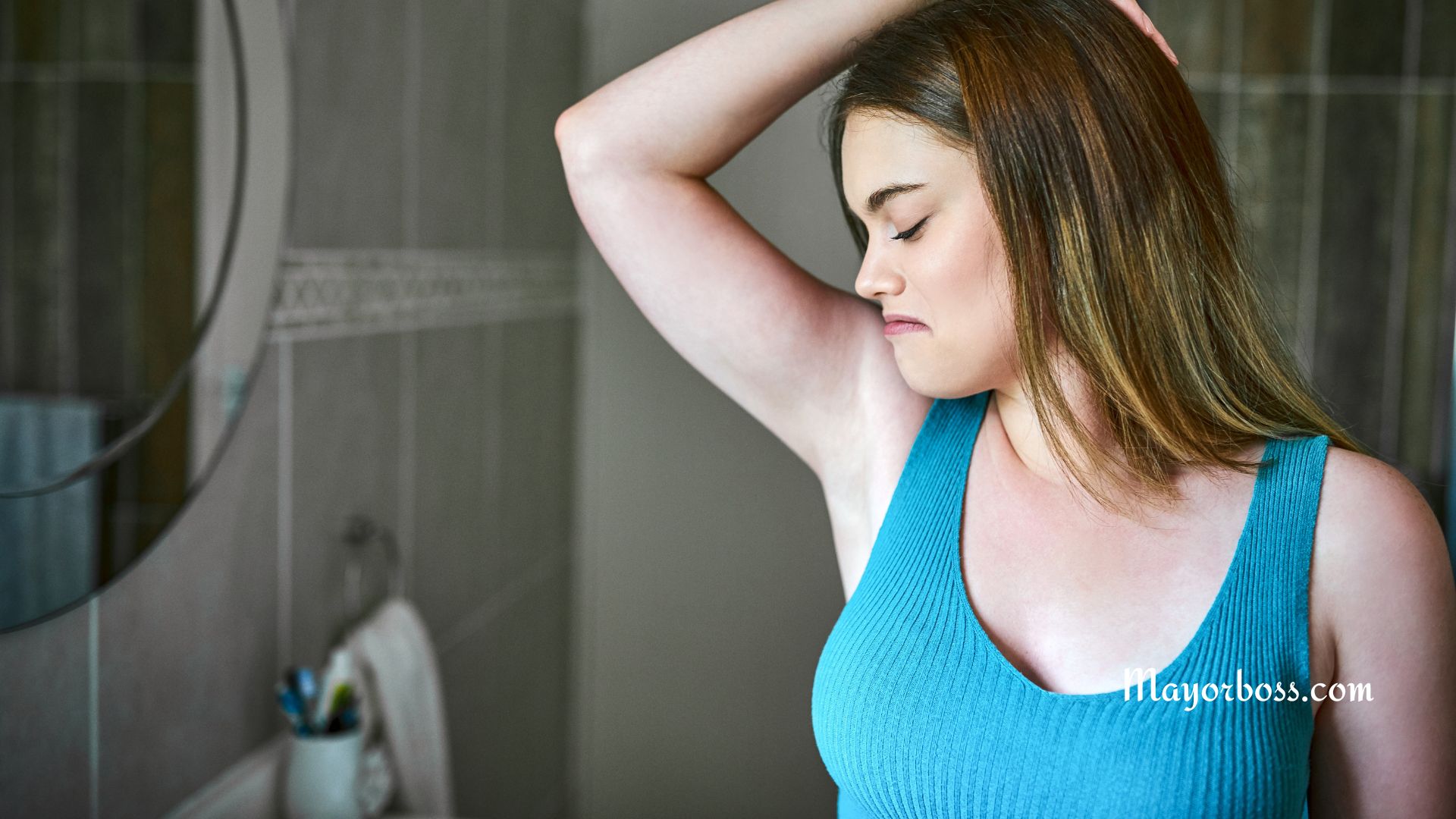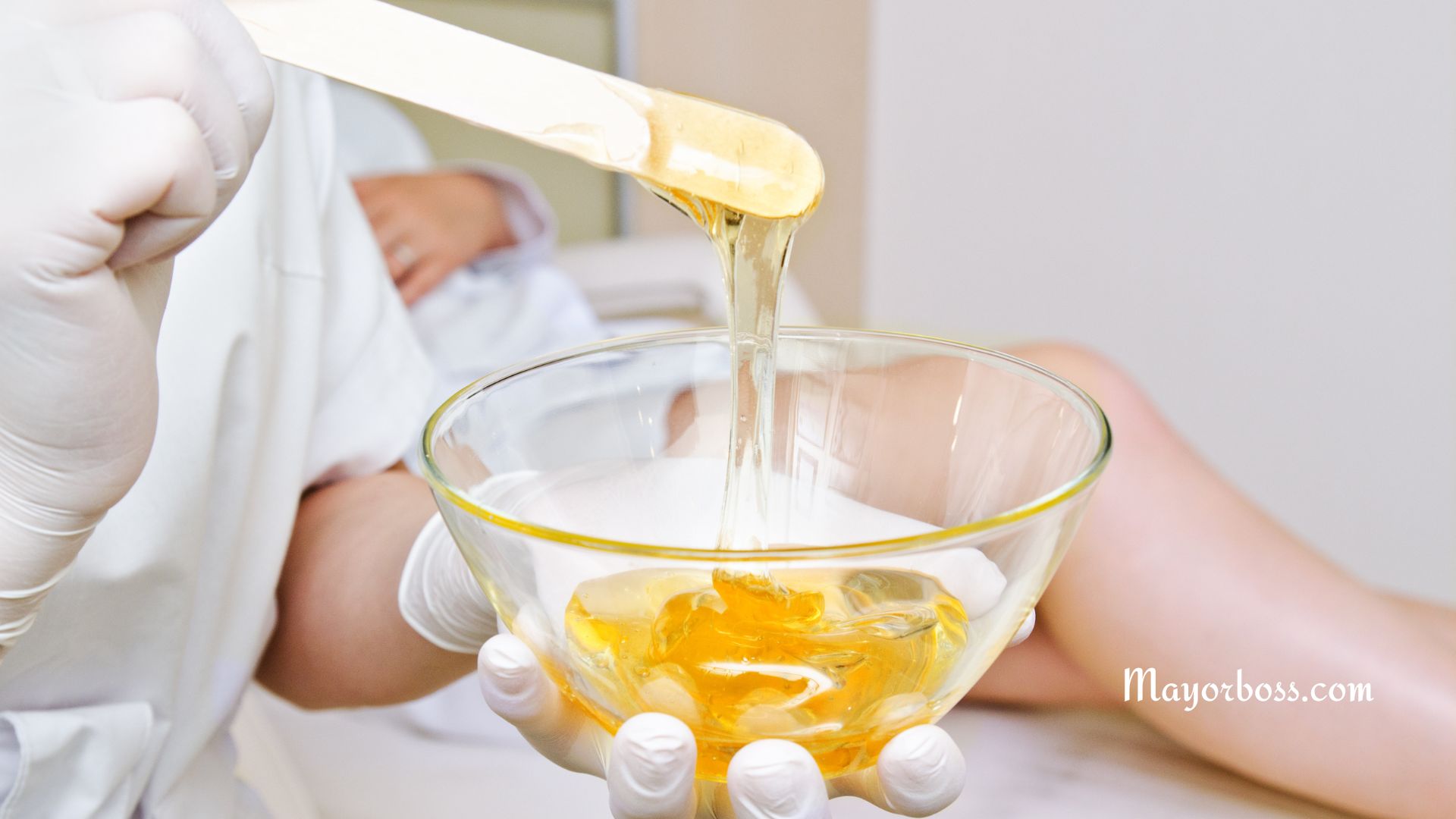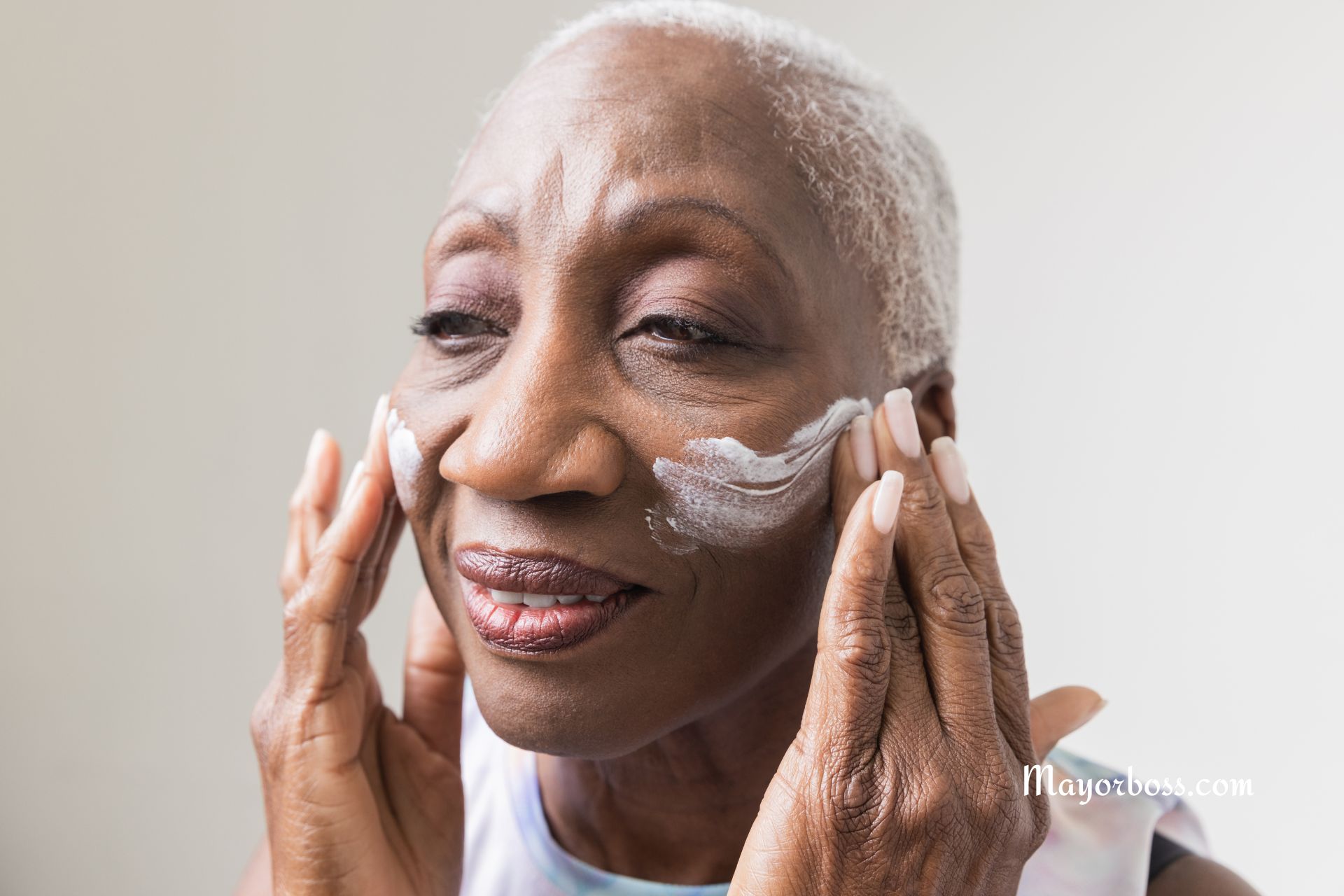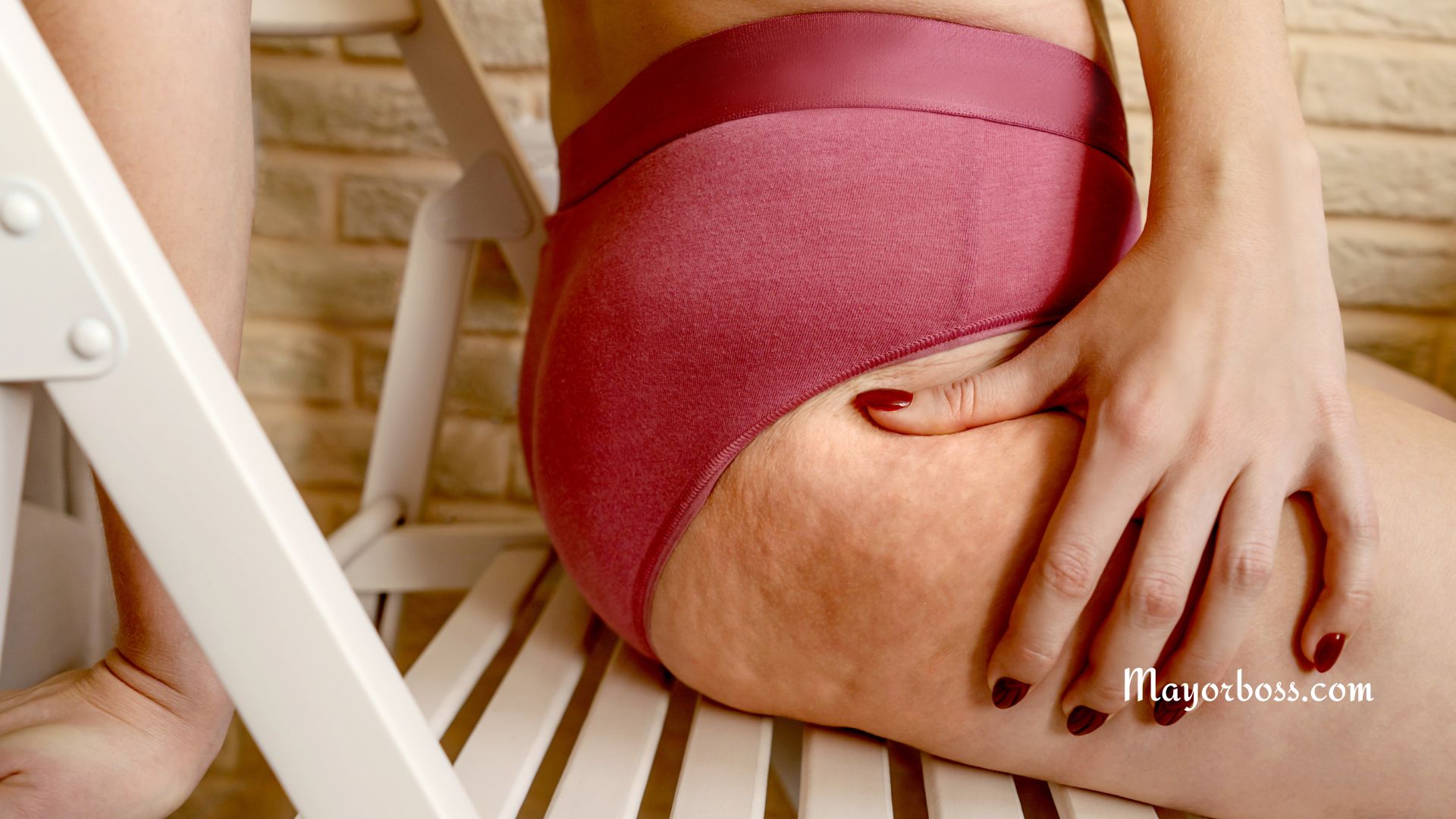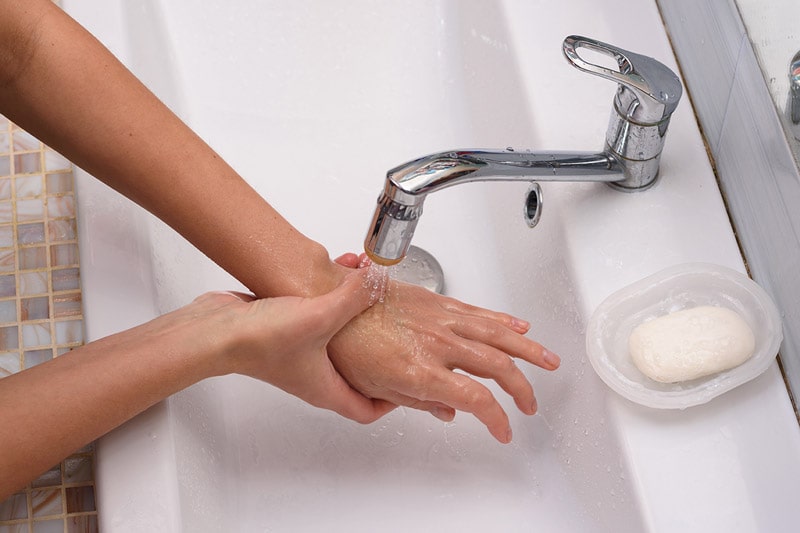Pimples on Stomach: Causes, Symptoms, and Treatment
Pimples on the stomach can be an unexpected and troubling issue. While you might commonly associate pimples with the face or back, they can indeed appear on your stomach. The reasons range from simple skin irritation to more complex conditions like fungal infections. Additionally, lifestyle factors like diet and stress can contribute to this skin issue.
What Causes Pimples on the Stomach?
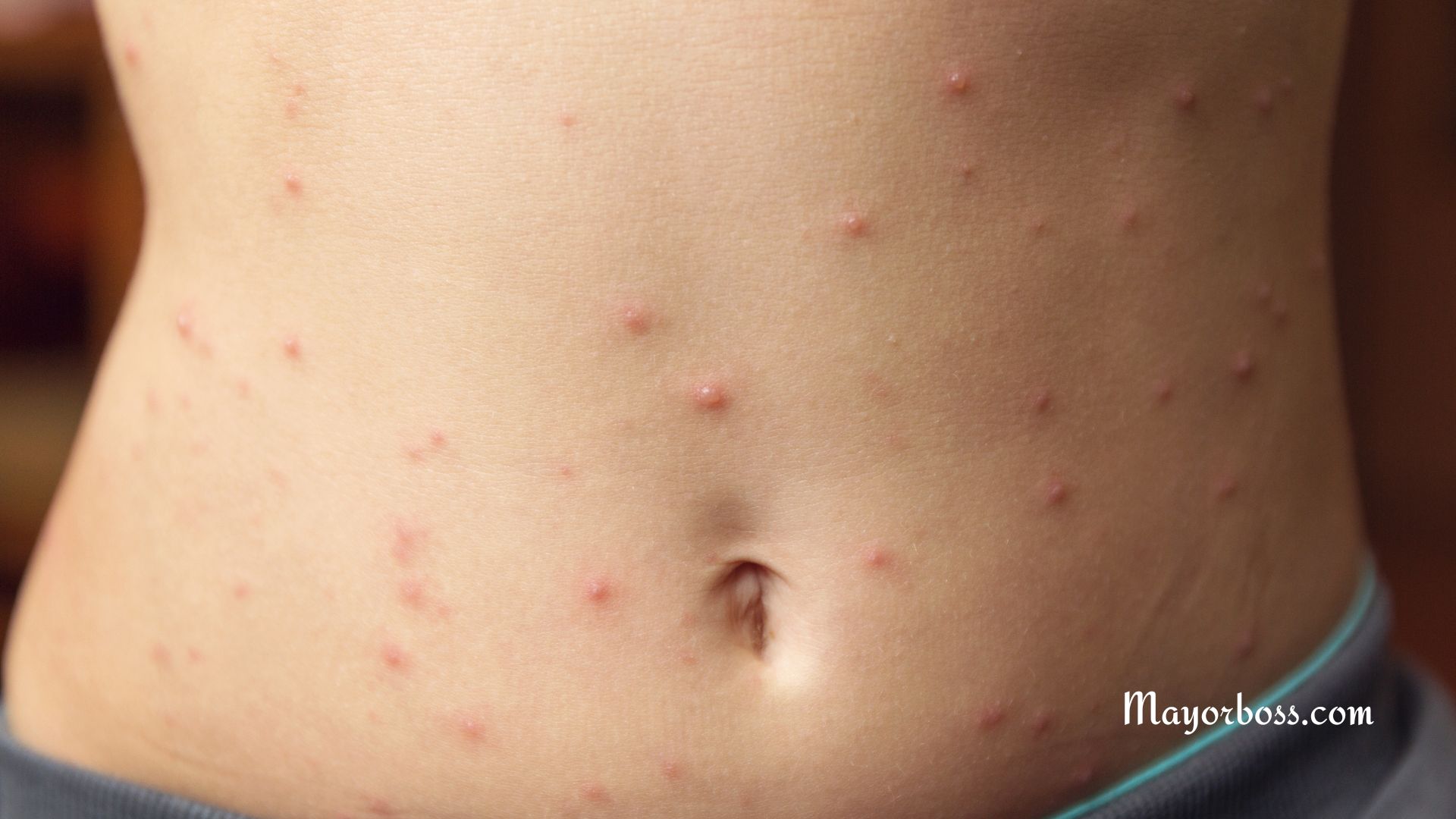
Poor Hygiene
One of the most common reasons for stomach pimples is poor hygiene. If you’re not keeping your stomach area clean, it creates a breeding ground for bacteria. Consequently, this can lead to the development of pimples.
Tight Clothing
Wearing clothes that are too tight can cause friction against the skin. As a result, this may irritate your skin and cause pimples to form.
Sweat and Humidity
Excessive sweating, especially during workouts, can contribute to pimples. The moisture can trap bacteria against the skin, which can then cause breakouts.
Hormonal Changes
Hormones can be tricky players when it comes to skin issues. Fluctuations in hormones, such as during puberty or pregnancy, can stimulate the sebaceous glands. Therefore, you might notice an increase in pimples on various parts of your body, including the stomach.
Allergic Reactions
Sometimes, your skin might not agree with something you’ve applied to it. Allergic reactions to lotions, creams, or even laundry detergents can cause pimples on the stomach.
Fungal Infections
Yeast or fungal infections, clinically proven to cause skin problems, can also result in pimples on your stomach. These types of pimples tend to be itchier and may appear in clusters.
Symptoms to Watch For
Redness and Inflammation
You’ll often notice red, swollen bumps that may be tender to the touch.
Itching
If the pimples are due to a fungal infection, you might experience a persistent itch.
Pus-Filled Bumps
In more severe cases, the pimples may be filled with pus. This is a sign of bacterial infection and might require medical intervention.
Treatment Options
Over-the-Counter Creams
Many over-the-counter creams are available that contain ingredients like benzoyl peroxide or salicylic acid. These are helpful for treating mild to moderate cases.
Antifungal Medication
If your pimples are a result of a fungal infection, antifungal creams can be effective.
Antibiotics
In severe cases where the pimples are a result of bacterial infection, antibiotics may be prescribed. According to medical experts, it’s crucial to complete the entire antibiotic course, even if the pimples seem to have cleared up.
Lifestyle Changes
Improving your diet, staying hydrated, and managing stress can go a long way in preventing pimples. Foods rich in antioxidants, such as fruits and vegetables, can help improve your skin’s health.
Prescription Treatments
For stubborn or recurring cases, a dermatologist may prescribe stronger treatments. Examples of these include hormonal medications or even oral retinoids for extreme cases.
Frequently Asked Questions
What Does It Mean if the Pimples Are Itchy?
If your stomach pimples are itchy, it could indicate a fungal infection or even an allergic reaction to a product you’ve used. Itching is a common symptom in these cases, and antifungal or antihistamine creams might offer relief.
Are Stomach Pimples Related to Diet?
Yes, your diet can play a role in the appearance of pimples on your stomach. Foods high in sugar and fat can lead to imbalances in your skin’s oil production. On the other hand, a balanced diet rich in nutrients can help maintain healthy skin. Therefore, if you’re experiencing frequent breakouts, take a closer look at your dietary habits.
Can Stress Cause Pimples on the Stomach?
Absolutely, stress can be a significant factor in the development of pimples, not just on your face but also on your stomach. Stress triggers the release of hormones that can stimulate the sebaceous glands, causing them to produce more oil. As a result, this increases the likelihood of pimples forming.
How Can I Prevent Pimples on My Stomach?
Prevention often starts with proper hygiene. Keep the stomach area clean and dry, especially after exercising. Opt for loose-fitting, breathable clothing to reduce friction and skin irritation. Moreover, applying a non-comedogenic lotion can help keep your skin moisturized without clogging the pores. Lifestyle changes like a balanced diet and stress management can also be beneficial.
When Should I Seek Medical Help?
If you’ve tried over-the-counter treatments and lifestyle changes but still experience frequent or severe breakouts, it’s time to seek medical advice. Especially if the pimples are painful, pus-filled, or causing scars, a healthcare provider can offer stronger treatments or even prescribe antibiotics.
Further Reading: Home Remedies to Get Rid of a Pimples

